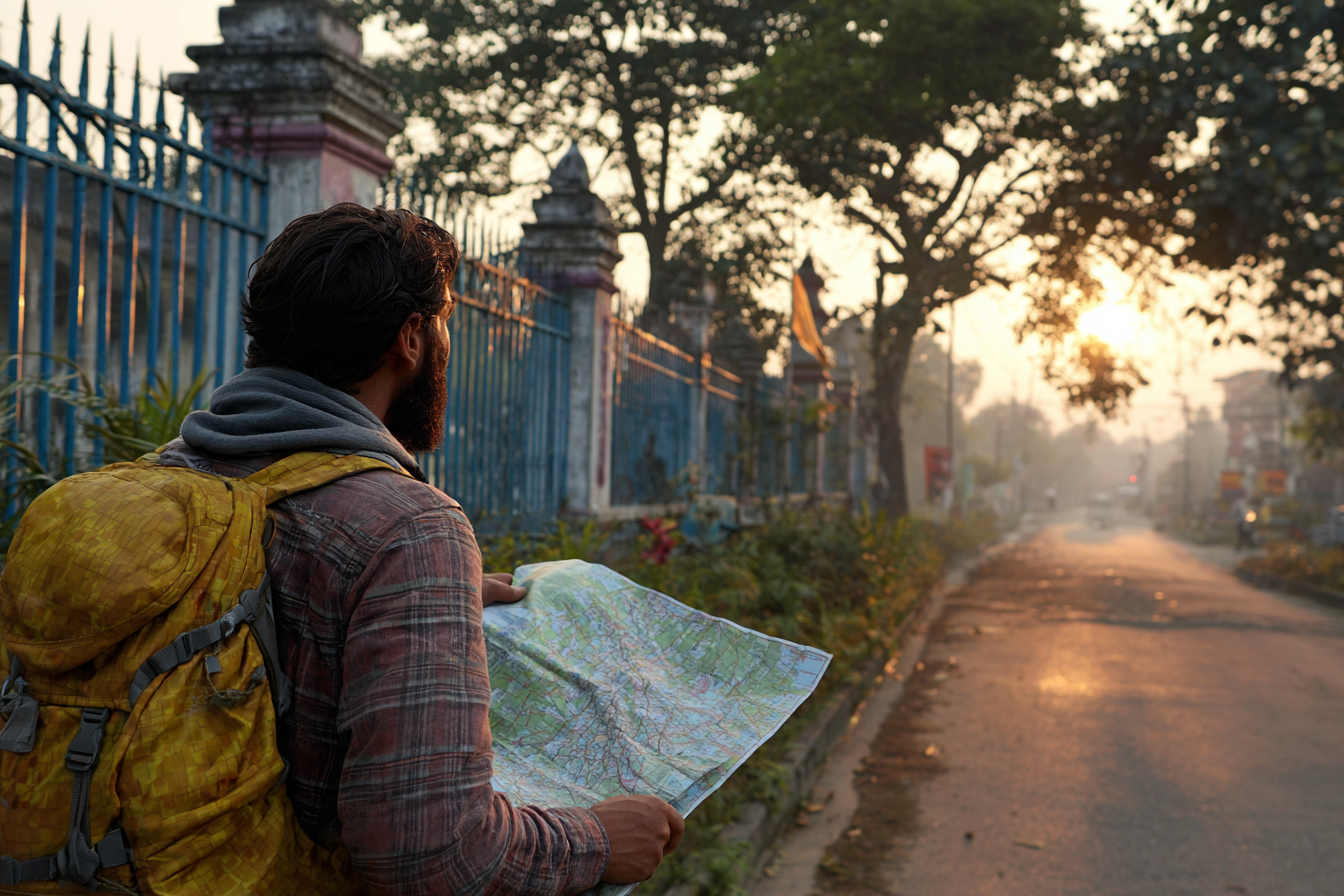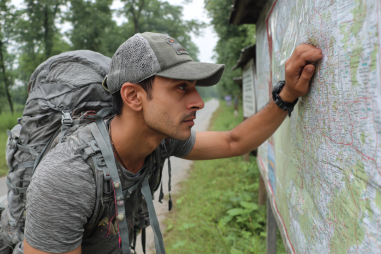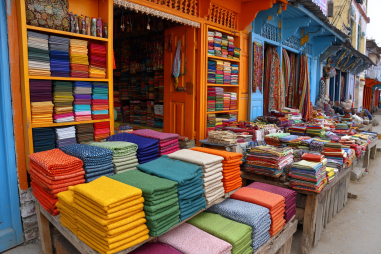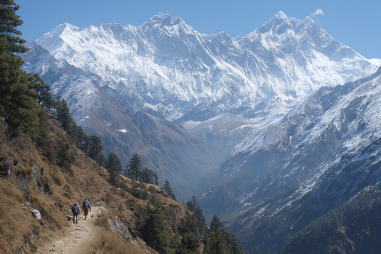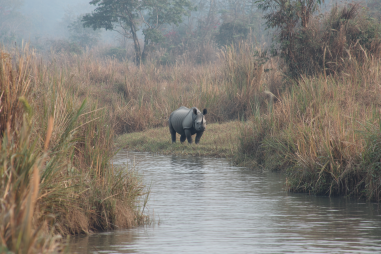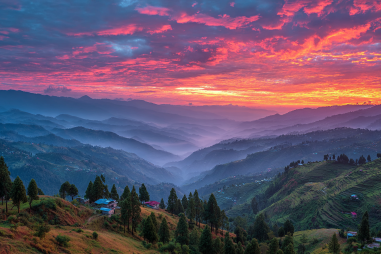Planning a trip to Chitwan National Park? Whether you are a seasoned traveler or visiting Nepal’s premier wildlife reserve for the first time, being prepared can make all the difference. Known for its rich biodiversity, including the elusive Bengal tiger and one-horned rhinoceros, Chitwan offers an unforgettable experience immersed in nature. To help ensure your visit goes smoothly, here are essential travel tips covering everything from packing and health precautions to local customs and booking advice.
Packing Essentials for Chitwan
Choosing the right gear for your Chitwan adventure is key to staying comfortable and safe while exploring the park’s wilderness. The park’s tropical climate means lightweight, breathable clothing is essential, but you should also be prepared for early morning chills and occasional rain.
- Clothing: Pack light-colored, long-sleeved shirts and trousers to protect against mosquito bites as well as sunburn. Earth tones like khaki or olive are preferable since bright colors can disturb wildlife.
- Footwear: Comfortable walking shoes or hiking boots with good grip will serve you well on jungle trails. Sandals or flip-flops are handy for lodge areas but avoid them on guided walks in the forest.
- Insect Protection: Mosquito repellent with DEET and anti-mosquito wristbands are a must, especially during the monsoon and early winter seasons when mosquitoes are most active.
- Sun Protection: Bring a wide-brimmed hat, sunglasses, and a high SPF sunscreen to shield against the tropical sun.
- Other Items: Binoculars for wildlife spotting, a reusable water bottle, a flashlight or headlamp for evening use, and a small first aid kit with essentials like band-aids and antiseptic cream.
Health and Safety Advice
Health and safety should be your top priorities when visiting any wildlife destination. Chitwan National Park is no exception, with its tropical flora and fauna presenting both wonders and risks.
- Vaccinations: Before traveling, check with your healthcare provider about recommended vaccinations. Common advisories include typhoid, hepatitis A, and tetanus. Some travelers also opt for anti-malarial medication depending on the season and duration of their stay.
- Hydration and Food Safety: Drink bottled or purified water only and avoid uncooked foods to prevent stomach upsets. Many lodges follow stringent hygiene standards, but it’s wise to confirm food safety if you’re visiting local eateries.
- Avoiding Wildlife Risks: Always follow your guide’s instructions and maintain a safe distance from animals. Never try to feed or provoke wildlife, and be cautious of insects and snakes when walking in the forest.
- Sun and Heat Exposure: Take frequent breaks in shaded spots, and listen to your body to avoid heat exhaustion.
Local Customs and Etiquette
Understanding and respecting the local culture not only enhances your experience but also promotes goodwill with the communities around Chitwan National Park.
- Respect for Nature and Wildlife: The park is a protected area, so avoid littering and damaging flora. Stick to designated trails and avoid loud noises that might disturb animals.
- Interacting with Locals: The majority of people living around Chitwan belong to indigenous Tharu communities. A friendly greeting or a simple “Namaste” goes a long way. Always ask permission before photographing someone, particularly children.
- Dress Modestly: While there are no strict dress codes, it’s courteous to dress modestly in villages and local markets.
- Tipping: While not mandatory, tipping guides, drivers, and lodge staff is appreciated. Typically, 10% of the service cost is a good guideline.
Best Ways to Book Tours and Accommodations
Whether you want a guided jungle safari, a canoe ride, or a cultural village tour, there are several ways to arrange your activities and lodging in Chitwan National Park.
- Book in Advance: Especially during peak season (October to March), accommodations and tours can fill up quickly. Consider booking online or through a trusted travel agent well before your trip.
- Choose the Right Package: Options vary from budget rooms and day tours to luxury lodges offering full board and inclusive activities. Reflect on your priorities—comfort, adventure, or cultural immersion—to pick the best fit.
- Local Booking: If you prefer flexibility, you can also book tours and rooms once you arrive in Sauraha or other gateway towns. However, this carries the risk of limited availability.
- Compare Prices and Reviews: Utilize travel websites and forums to read traveler feedback and compare reputable providers.
Seasonal Considerations
The time of year you visit Chitwan National Park can significantly affect your experience. Knowing what to expect seasonally will help you plan accordingly.
- Peak Season (October to March): This cool, dry period is ideal for wildlife spotting as animals gather around water sources. The weather is pleasant for outdoor activities, making it the most popular time for tourists.
- Monsoon Season (June to September): Due to heavy rains, some trails and roads may be muddy or temporarily inaccessible. The forest becomes lush and vibrant, but insect activity is high, so extra precaution is needed.
- Summer (April to May): Hot and humid weather prevails, which might make daytime excursions uncomfortable. Early mornings and late afternoons are better for outdoor activities during this time.
Important Contact Info and Emergency Numbers
Being equipped with emergency contacts enhances your safety and peace of mind during your trip.
- Chitwan National Park Office: +977-56-521064
- Tourist Police: +977-1469 (can assist with safety and tourist complaints)
- Local Hospital – Bharatpur Hospital: +977-56321475 – For medical emergencies in Bharatpur, the nearest major city.
- Ambulance Services: +977-9851234567 (local ambulance contact, verify with your accommodation)
- International Emergency Number: 112
It’s a good idea to keep these numbers saved on your phone and share them with your travel companions. Also, inform your accommodation about your itinerary if you plan to go into remote areas within the park.
Getting Ready for an Unforgettable Journey
Chitwan National Park is a treasure trove of wildlife, culture, and natural beauty. By following these travel tips, you can enjoy a safe and smooth visit that leaves lasting memories. Pack wisely, prioritize your health, respect local customs, and plan according to the season. Whether it’s spotting a rhino on a jeep safari or experiencing the warm hospitality of Nepal’s indigenous communities, your trip to Chitwan is sure to be an adventure worth cherishing for years to come.

